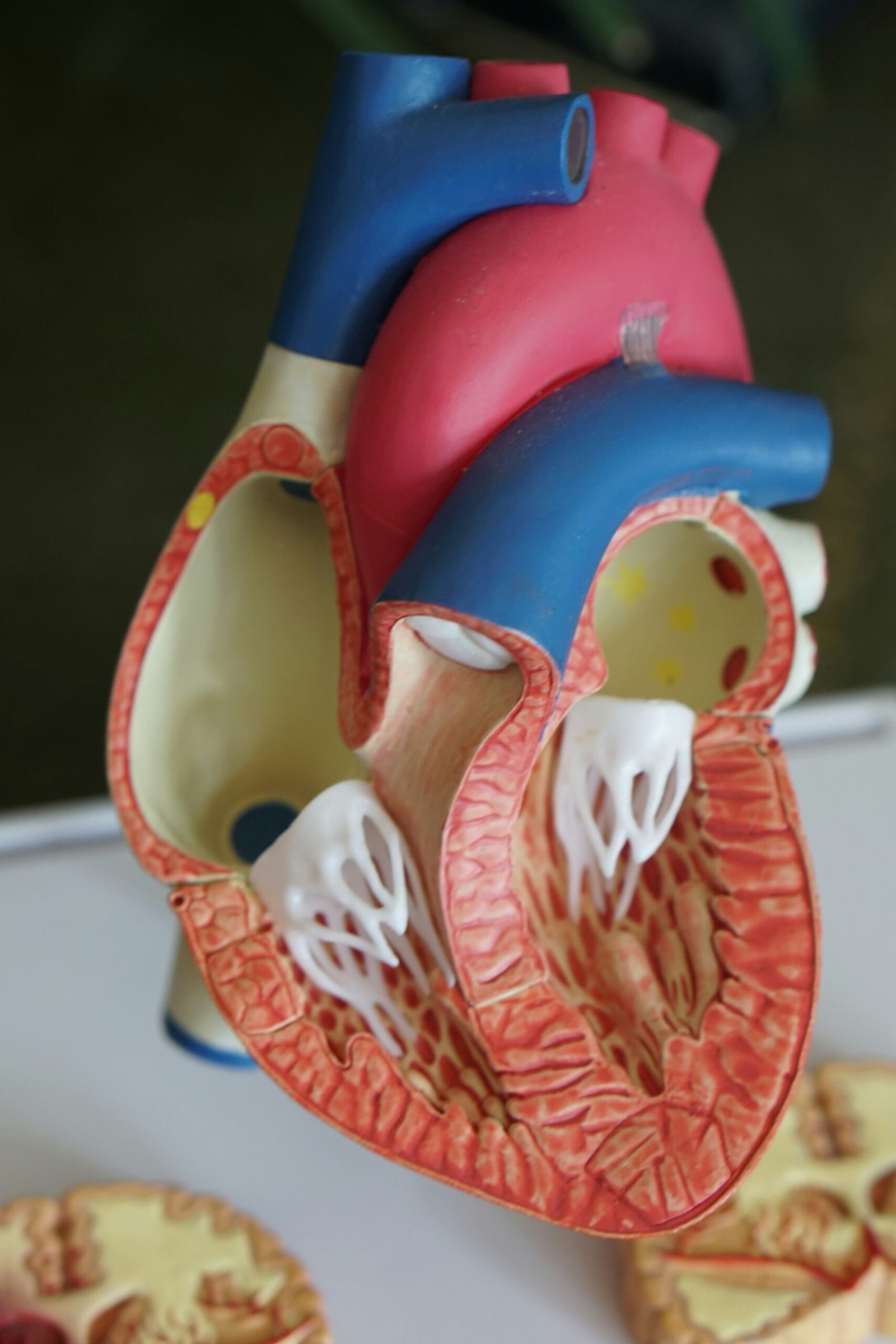Interventional Cardiology

Interventional cardiology is a branch of cardiology that focuses on using minimally invasive procedures, guided by catheters, to diagnose and treat heart conditions. This offers a significant advantage over traditional open-heart surgery, with quicker recovery times and less scarring.

What can interventional cardiologists treat?
Interventional cardiologists can address a range of heart and blood vessel issues, including:
- Coronary artery disease: This is the narrowing of the arteries supplying blood to the heart muscle. Interventional cardiologists can use procedures like angioplasty and stenting to open these arteries and improve blood flow.
- Vascular disease: This involves narrowing or blockage of blood vessels throughout the body. Interventional techniques can help address this in various vascular beds.
- Structural heart disease: This refers to abnormalities in the heart structure, such as heart valve defects or holes in the heart walls. Interventional cardiologists can repair or replace valves and close these defects using catheter-based procedures.
- Congenital heart defects: These are heart problems present at birth. Interventional cardiologists can use minimally invasive techniques to address some congenital heart defects.
Benefits of interventional cardiology:
- Minimally invasive: Compared to open-heart surgery, catheter-based procedures cause less trauma, leading to quicker recovery times and reduced pain.
- Smaller incisions: These procedures often involve only a small puncture in the groin or wrist for catheter insertion, leaving minimal scarring.
- Faster recovery: Patients typically spend less time in the hospital and can return to normal activities sooner.
- Effective treatment: Interventional procedures can be highly effective in restoring blood flow, repairing heart structures, and alleviating symptoms.
Who should consider interventional cardiology?
If you have been diagnosed with a heart condition that may benefit from a minimally invasive approach, your cardiologist may recommend consulting with an interventional cardiologist. They will discuss your specific situation and determine if interventional techniques are a suitable option for you.
Finding an interventional cardiologist:
Talk to your primary care physician or cardiologist for a referral to a qualified interventional cardiologist. You can also research interventional cardiology programs at hospitals in your area.
Taking care of your heart:
A healthy lifestyle is key to preventing heart disease. Here are some tips:
- Maintain a healthy diet low in saturated fat and cholesterol.
- Exercise regularly.
- Manage stress.
- Maintain a healthy weight.
- Don’t smoke.
By working with your doctor and adopting a heart-healthy lifestyle, you can take control of your heart health and live a long, fulfilling life.





